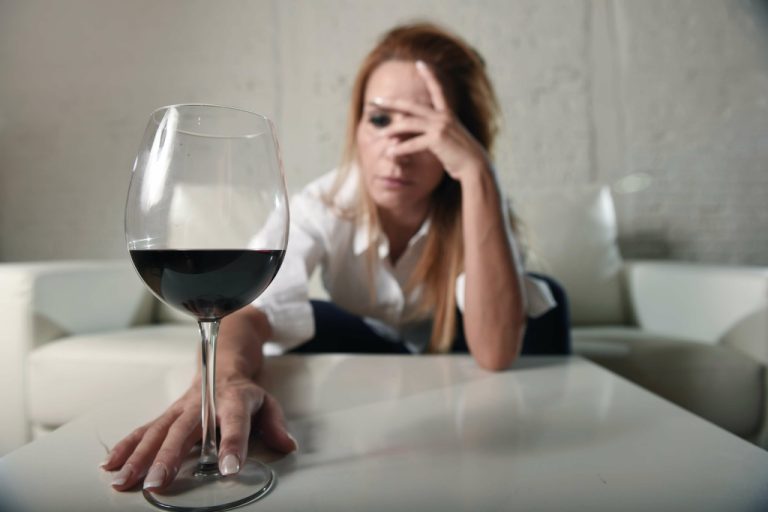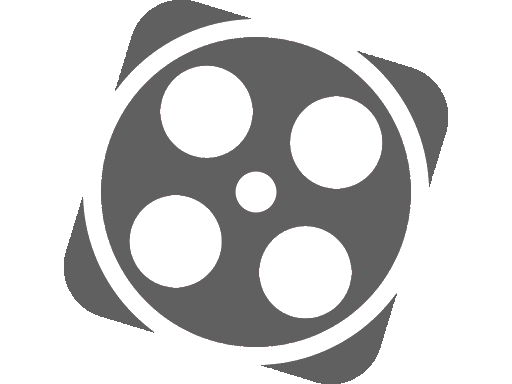Timeframe of Rewiring Brain from Addiction
What is needed is any type of care or program that facilitates not merely a drug-free life but the pursuit of new goals and new relationships. There are many roads to recovery, and needs vary from individual to the next. Others do well on their own making use of available community resources. Behavioral therapies help people in drug addiction http://srrccs.ru/warez/26275-forbidden-shakers-tech-2013.html treatment modify their attitudes and behaviors related to drug use.
So you’ve watched ‘Dopesick’. Here’s what you can do to help ease the opioid crisis

Medications are also available to help treat addiction to alcohol and nicotine. Understanding the journey through addiction recovery is crucial for anyone embarking on http://na-info.ru/zdorov/3840-rasstroystva-affektivnosti.html this path or supporting someone who is. Addiction recovery is often divided into distinct phases that help individuals and their loved ones know what to expect. These stages typically start with acute withdrawal, progress through post-acute withdrawal, and extend into long-term maintenance. The goal of these programs is to help patients recognize and alter their cognitive behavior and lead to long-term sobriety. Outpatient programs take longer to complete because they allow patients the flexibility to come from their own homes.

Exploring the Role of Resilience in Addiction Recovery
Recovery has a significant impact on mental and emotional health. You might feel anxiety, depression, or a heightened sense of https://ucrazy.org/video/1243268420-alkogolopytskrysamiotryvokizlekiizhdanova.html emotion. These feelings often improve as your brain adjusts and heals over time. Further improvements might be seen over several months as new, healthier routines take hold.

The Effect Of Substance Abuse on Relationships
This approach not only increases treatment rates but can also have broad public health benefits. California consistently leads the nation with the highest number of facilities, having around 1,579 centers. Texas and Florida follow with sizeable offerings of over 1,000 treatment centers each, reflecting regional focus on combating addiction. Discover what are psychotic breaks, their impact, causes, and treatment options for recovery. Discover the reasons people may become codependent and learn effective strategies for recovery.

Post-acute withdrawal
- The 90-day program has shown the highest success rate due to the time spent treating severe addictions.
- In the early recovery phase, you often deal with challenges like withdrawal symptoms, cravings, and finding support.
- It not only takes a toll on physical health but also profoundly impacts the brain.
- Instead, people can benefit from using the relapse as a new opportunity to reevaluate and reinvestigate their treatment.
Safe, medical detoxification to help patients through the symptoms of withdrawal can last anywhere from a few days to weeks (typically averaging about 7+ days). Thus, it is usually the first step in a more comprehensive treatment plan, which may include inpatient treatment or outpatient care. Some treatment programs may be shorter in duration (14-30 days); others may be longer (60-90+ days).
- We cannot guarantee payment or verification eligibility as conveyed by your health insurance provider will be accurate and complete.
- The severity of withdrawal symptoms can be influenced by the type of drug, duration of use, dosage, individual physiology, and overall health.
- For example, if feelings of sadness make a person want to drink alcohol, then sadness is the stimulus that drives a person to drink.
- Alternatively, you can email us at and we will help you find the treatment you or your loved ones need.


